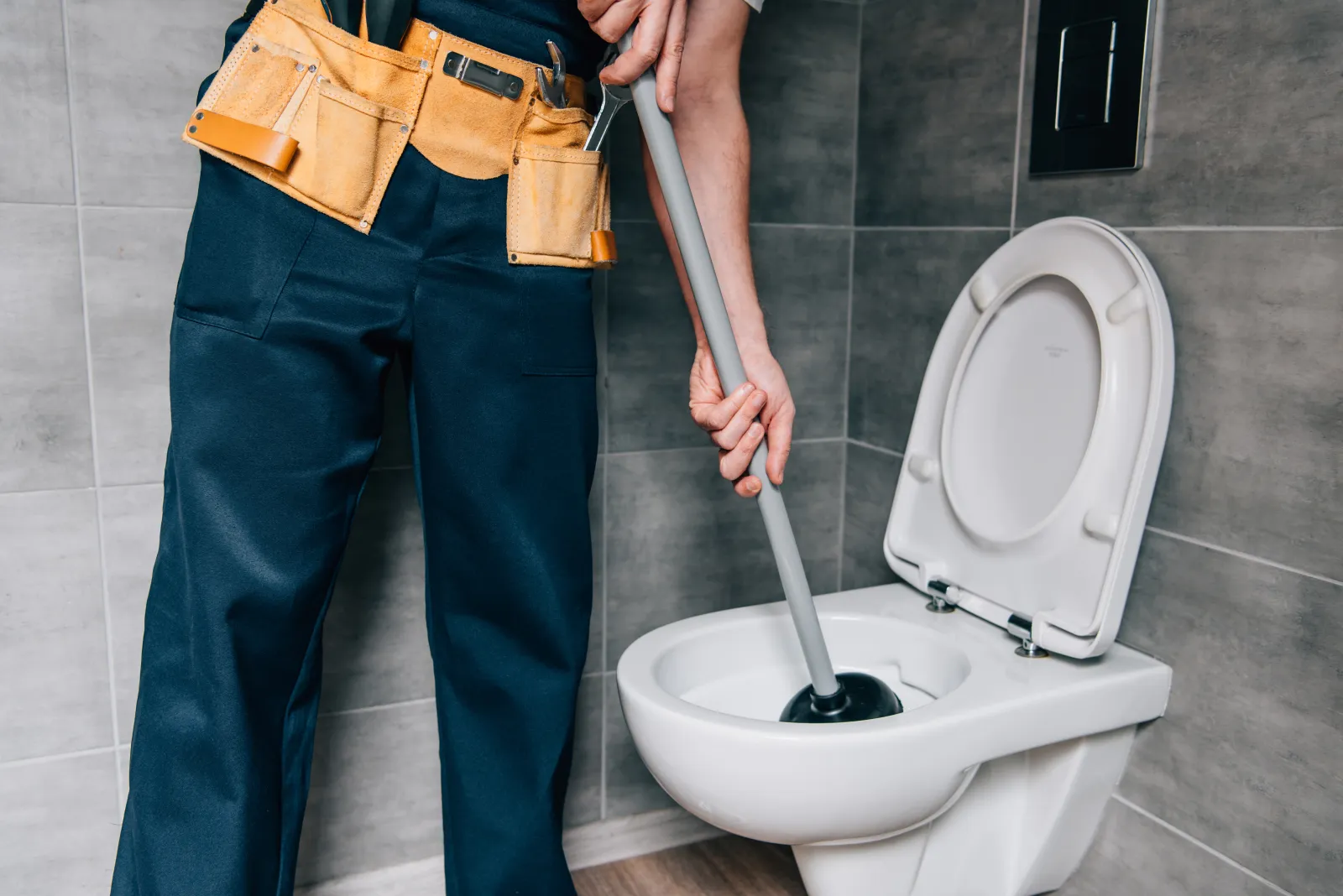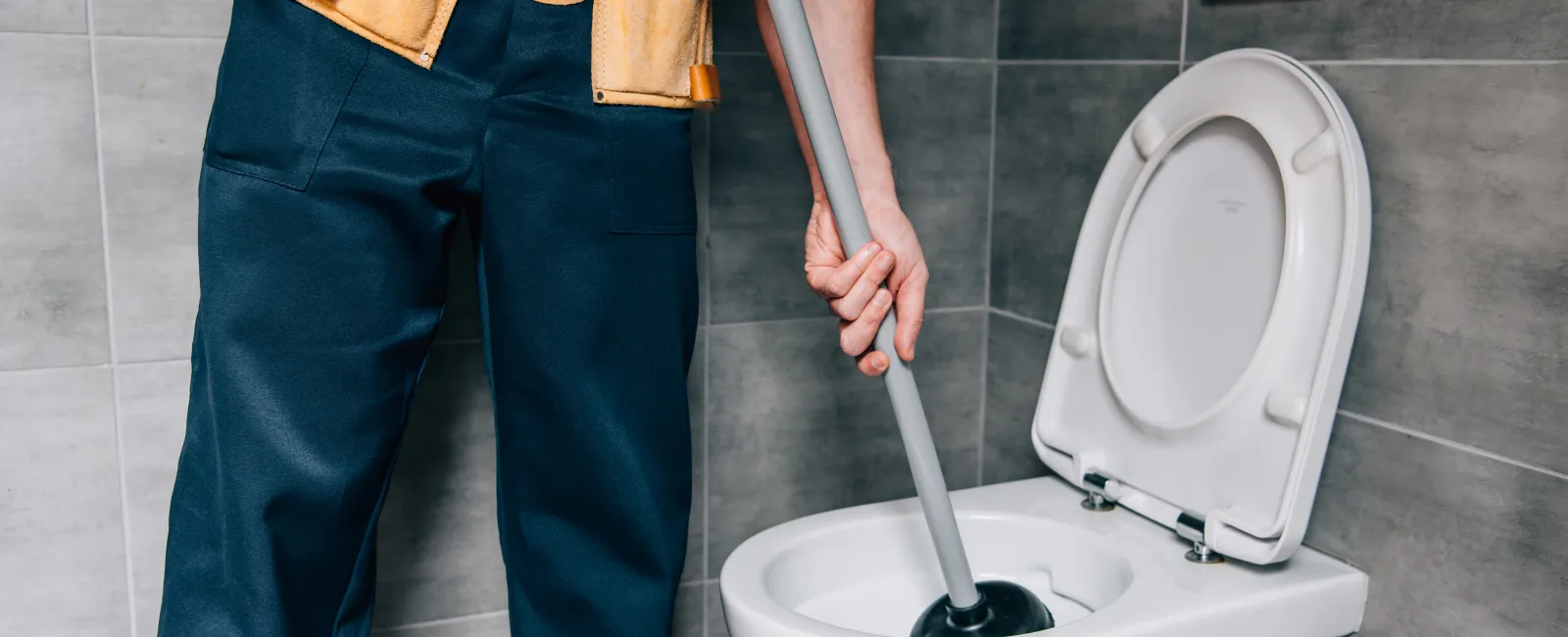
Maintaining a septic system is crucial for the longevity and functionality of your home's wastewater management. Given the complexity and importance of a well-functioning septic system, it's vital to know what to do and what to avoid. This blog will explore the essential maintenance practices for septic systems, address common misconceptions, and highlight why certain substances, like bleach and septic tanks, don't mix well. Adhere to these recommendations to ensure your septic system operates efficiently.
Understanding Your Septic System
Before diving into what you should and shouldn't do, it's essential to understand how a septic system works. Essentially, a septic system is an underground wastewater treatment structure that uses both natural processes and established technology to manage household wastewater from various sources like bathrooms, kitchens, and laundry areas. The system includes a septic tank and a drain field. Understanding this helps in making informed decisions about septic system care.
What Not to Put in Your Septic Tank
One of the first rules of septic system maintenance is knowing what not to put in septic tank. The septic system is designed to handle human biological waste, and toilet paper is specifically made to disintegrate easily. Here's a list of things not to put in septic tank, or what to not flush:
- Non-biodegradable products: Items that do not break down naturally can cause significant clogs and backups in your septic system. These include feminine hygiene products, dental floss, diapers, cotton swabs, and even so-called "flushable" wipes. These materials can fill up the tank and prevent the system from processing waste effectively.
- Household chemicals: While a septic system can handle small amounts of household cleaners, larger quantities of chemicals like pesticides, solvents (such as paint thinners), antifreeze, and large volumes of household cleaners can be detrimental. These substances can kill the beneficial bacteria that are essential for breaking down the contents of the septic tank.
- Cooking grease and oils: Although it might seem harmless to wash kitchen grease and oils down the drain, they can solidify within the septic system, creating blockages and reducing the system's ability to process waste. Over time, accumulated grease can cause the tank and soil absorption system to fail.
- Medications: Flushing old or unused medications down the toilet is another common mistake. Pharmaceutical substances can disrupt the bacterial balance necessary for the septic system to function correctly.
Regular Maintenance Checks
Do septic tanks have to be emptied? Yes, periodic emptying and inspection are vital. Every three to five years, have a professional inspect and pump your septic tank. Regular maintenance checks can prevent many common septic system problems.
The Impact of Chemicals on Your Septic System
It's a common question: How do household chemicals affect septic systems? Specifically, how do bleach and septic tanks interact? While moderate use of household bleach won't necessarily harm a septic system, excessive use can kill the beneficial bacteria needed to decompose waste. Always use bleach sparingly and opt for septic-safe cleaning products when possible.
Proper Water Usage
Excessive water use can overload the septic system, stirring solids in the tank and pushing them into the drain field, potentially leading to system failure. Fix leaks promptly, install water-efficient fixtures, and spread out water use, such as laundry, throughout the week.
Protecting the Drain Field
The drain field is an integral part of your septic system, filtering contaminants from the liquid that emerges from your septic tank. Protect it by:
- Not driving or parking vehicles on the drain field
- Planting trees far enough that their roots won't invade the drain field
- Keeping drainage systems, like sump pumps or roof drains, away from the drain field area
Maintaining your septic system doesn't have to be complicated. Homeowners can prevent costly repairs and ensure their system operates efficiently for years by understanding the basic dos and don'ts. Remember, regular maintenance is not just a recommendation; it's a necessity.
For more tips on septic system care or to schedule a service, visit Scorpion Septic. Here, you can find professional help and more information on maintaining your home's septic system effectively.
Is your septic system due for inspection or maintenance? Don't wait for problems to arise. Contact Scorpion Septic today to ensure your septic system is functioning optimally. Schedule your next service with us!

